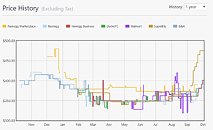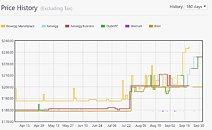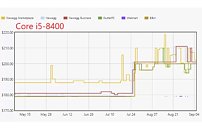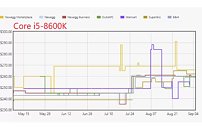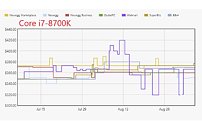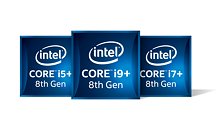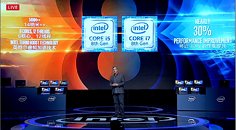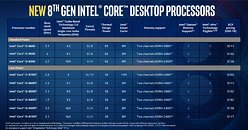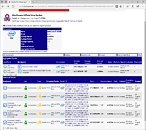"Black Myth: Wukong" Game Gets Benchmarking Tool Companion Designed to Evaluate PC Performance
Game Science, the developer behind the highly anticipated action RPG "Black Myth: Wukong," has released a free benchmark tool on Steam for its upcoming game. This standalone application, separate from the main game, allows PC users to evaluate their hardware performance and system compatibility in preparation for the game's launch. The "Black Myth: Wukong Benchmark Tool" offers a unique glimpse into the game's visuals by rendering a real-time in-game sequence. While not playable, it provides valuable insights into how well a user's system will handle the game's demanding graphics and performance requirements. One of the tool's standout features is its customization options. Users can tweak various graphics settings to preview the game's visuals and performance under different configurations. This flexibility allows gamers to find the optimal balance between visual fidelity and smooth gameplay for their specific hardware setup.
However, Game Science has cautioned that due to the complexity and variability of gaming scenarios, the benchmark results may not fully represent the final gaming experience. This caveat shows the tool's role as a guide rather than a definitive measure of performance. The benchmark tool's system requirements offer a clear picture of the hardware needed to run "Black Myth: Wukong." At a minimum, users will need a Windows 10 system with an Intel Core i5-8400 or AMD Ryzen 5 1600 processor, 16 GB of RAM, and either an NVIDIA GeForce GTX 1060 6 GB or AMD Radeon RX 580 8 GB graphics card. For an optimal experience, the recommended specifications include an Intel Core i7-9700 or AMD Ryzen 5 5500 processor and an NVIDIA GeForce RTX 2060, AMD Radeon RX 5700 XT, or Intel Arc A750 graphics card. Interestingly, the benchmark tool supports DLSS, FSR, and XeSS technologies, indicating that the final game will likely include these performance-enhancing features. The developers also strongly recommend using an SSD for storage.
However, Game Science has cautioned that due to the complexity and variability of gaming scenarios, the benchmark results may not fully represent the final gaming experience. This caveat shows the tool's role as a guide rather than a definitive measure of performance. The benchmark tool's system requirements offer a clear picture of the hardware needed to run "Black Myth: Wukong." At a minimum, users will need a Windows 10 system with an Intel Core i5-8400 or AMD Ryzen 5 1600 processor, 16 GB of RAM, and either an NVIDIA GeForce GTX 1060 6 GB or AMD Radeon RX 580 8 GB graphics card. For an optimal experience, the recommended specifications include an Intel Core i7-9700 or AMD Ryzen 5 5500 processor and an NVIDIA GeForce RTX 2060, AMD Radeon RX 5700 XT, or Intel Arc A750 graphics card. Interestingly, the benchmark tool supports DLSS, FSR, and XeSS technologies, indicating that the final game will likely include these performance-enhancing features. The developers also strongly recommend using an SSD for storage.









